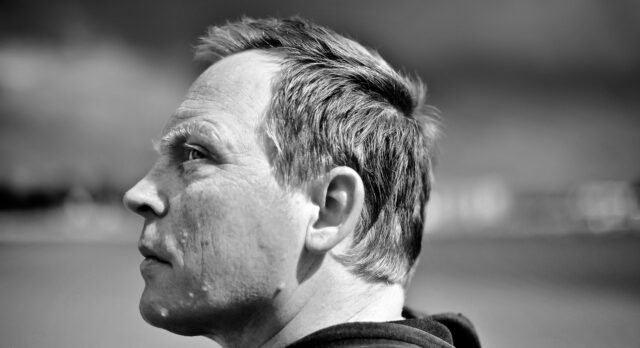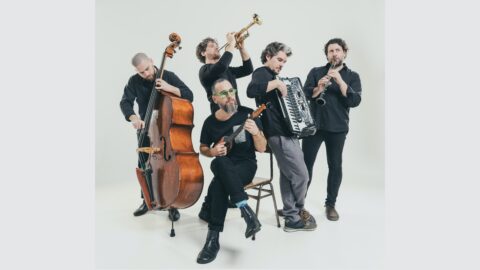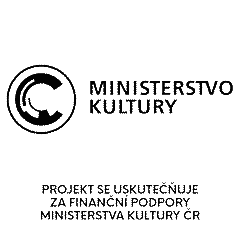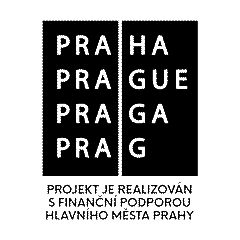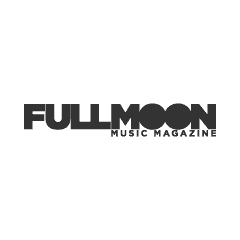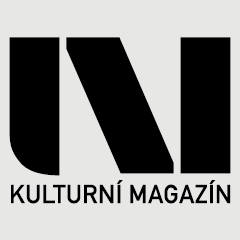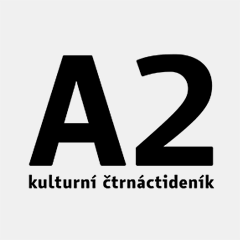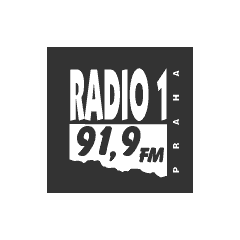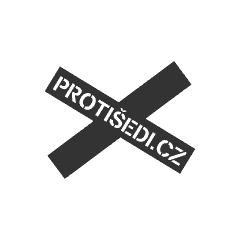Arnold de Boer (Zea, The Ex, Makkum Records) started his musical career as a singer and guitarist halfway the nineties with setting up Zea. At first a five-piece band, later a duo and since 2009 a one-piece band working together with different musicians per album and live set-up. Zea has released seven full length albums. The last one, called SUMMING, in combination with pianist and improviser Oscar Jan Hoogland (MR29, 2020).
In 2009 De Boer was invited by legendary Dutch underground band The Ex to become their new singer and guitarist. So far, he has released four full length albums with the band. The last one is called 27 Passports and was released in 2018. De Boer has been releasing his own output and a wide pallet of headstrong music from all over the world on his own Makkum Records label for more than ten years now.
Zea – Witst noch dat d’r neat wie In 2017, Zea released his first Frisian-language album Moarn gean ik dea, which was very well received (inter)nationally. Now, three years later, he is working on the successor. Zea’s Frisian songs are personal, intimate and direct, the lyrics poetic. De Boer writes his own texts and also works with texts and poems by other writers, poets and writers singers. For his new album, Zea uses poems by Bert Schierbeek, Hans Faverey and Benjamin Mays. Viewed from the balcony, when making this new Frisian Zea album titled Witst noch that d’r neat wie, it gradually becomes clear that ‘language’ plays a central role. Language as source, language as a wall, language as a weapon, language as time, language as nothing, language as history, language as a form of music; it pops up in several places.
Because Zea releases his music internationally and because Arnold himself lives in Amsterdam, where he mainly speaks Dutch and English, in addition to the Frisian that he speaks with his family, it goes without saying that the texts of the new album should also be printed in English and Dutch translations. These are the three languages lying around Zea, mastered by De Boer, which are picked up and used in relationship with the other. But something else happened with the lyrics of the songs. The texts of Hein Eersel, for example, which De Boer had found in the Suriname issue of the Frisian literary magazine De Tsjerne (September, 1952), which were in Frisian (translated by Anne Wadman), had its origin in Sranan, although there was also a Dutch version of it, somewhere. So Sranan appeared here as the fourth language. Just like the French translation of the poem Roeiers by Hans Faverey. The Boer found the booklet with translations of Faverey’s poetry in a shop in Paris. Later he found a beautiful translation into English of the same poemby J. M. Coetzee. And might there be a Gullah version of the poem I have only just a minute by Benjamin E. Mays who grew up in South Carolina, a state in the USA where this minority language is spoken? And would it be possible to have a Wǔhànhuà (Wuhan Chinese) translation of the text Fuort by De Boer, because that text has been hit by the COVID19 mill? That’s how it is with every text of every song; there is a fourth language that forms the bridge to the world, the connection with the unknown and the uncontrolled. And so the idea arose to find the fourth language of all fifteen texts as the bridges to the outside world.
And the idea to make a beautiful book with the LP and CD. And the idea to present this throughout Friesland and in the rest of the Netherlands, Europe, the World, preferably together with guests. And the idea of using the design, the printed matter and also other visual work such as video to tell the personal story of language as the source of uncertainty and pluriform, of antidote to absolutism and dogmatism; language as a form of music that works against stiff brains.


